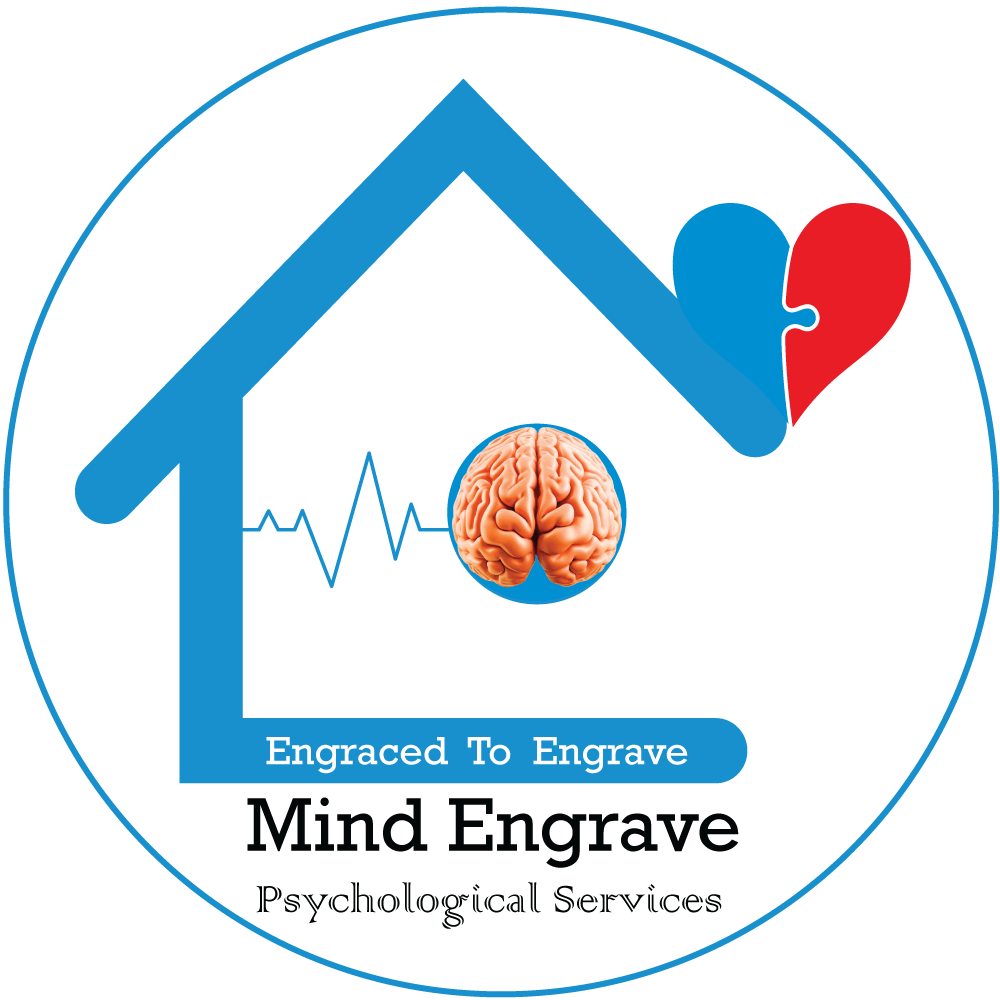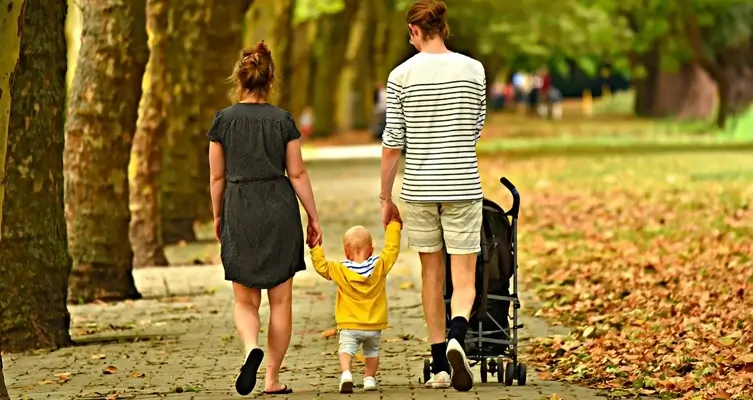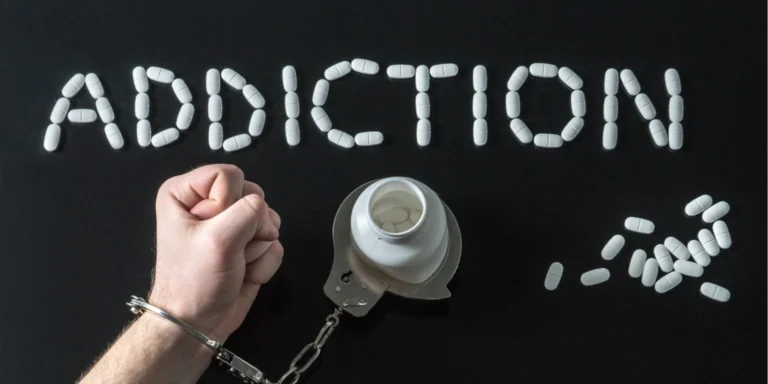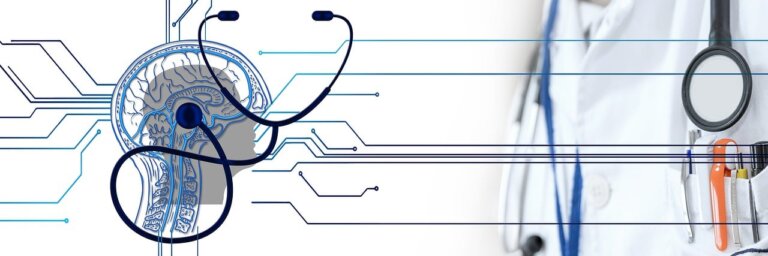The Role of Family Support in Successful Drug Addiction Recover
The journey through addiction recovery is rarely undertaken alone. For many individuals, family support serves as the cornerstone of lasting change, providing the emotional scaffolding, accountability, and hope necessary to move beyond substance use and toward a healthier, more fulfilling life. While treatment often focuses on the individual—therapies, medications, and behavioral interventions—research consistently underscores that those who engage their families in the process experience stronger, more sustainable outcomes.
When addiction takes hold, its impact ripples outward, transforming not only the individual’s life but also the family unit. Substance abuse can erode trust, provoke chronic fear, and breed feelings of guilt and anger among loved ones. Family members may oscillate between enabling behavior and harsh avoidance, both of which can exacerbate the person’s isolation. Recognizing addiction as a family crisis, instead of an isolated personal failing, is essential. It reframes treatment goals to include repairing broken bonds, establishing healthy communication, and equipping everyone with coping strategies that foster stability rather than chaos.
At the heart of effective addiction recovery lies the presence of empathetic, nonjudgmental support. Loved ones who listen without assigning blame, who offer a steady reminder of the individual’s inherent worth, and who maintain belief in their ability to change can cut through the loneliness and shame that often accompany addiction. This emotional reliability helps the person feel safe enough to confront painful truths and work through them rather than hide or self-medicate.
Equally important is the role of accountability. Family members who participate actively in treatment, attending therapy sessions, setting clear expectations, and following through with agreed-upon boundaries, help reinforce sobriety goals. By holding the individual to appointments, enforcing household rules that limit access to substances, and celebrating small victories along the way, they create an environment where slips are addressed promptly and relapses minimized. In this way, family support functions as both buffer and guide: buffering stressors that might trigger relapse, and guiding the person back to healthier habits when old patterns reemerge.
Insight is another crucial benefit of involving family in recovery. When relatives engage in structured programs or family therapy, they learn the neurobiological and psychological underpinnings of addiction. Such education fosters patience and empathy, transforming frustration into informed encouragement. Instead of viewing setbacks as moral failings, family members come to see them as symptoms of a chronic illness—eliciting a more compassionate response that encourages reopening dialogue rather than severing ties.
Moreover, positive reinforcement from loved ones can bolster self-esteem in profound ways. Addicted individuals often internalize messages of failure and unworthiness; consistent praise for progress—no matter how small—helps rewrite that narrative. A simple acknowledgment that “I’m proud of how you handled that craving today” or “I noticed you chose the gym instead of going out last night” can ignite momentum. This reinforcement instills hope not only in the individual but also within the family, reinforcing the shared belief that recovery is possible.
The physical environment also plays a decisive role. Families committed to recovery often reorganize the home to eliminate triggers, disposing of alcohol or illicit substances, monitoring visitor behavior, and creating routines that support healthy living. By designing a household that prioritizes sobriety, family members reduce temptation and send an unmistakable message: this home is a space for healing. In turn, the recovering person feels a heightened sense of security, knowing the people closest to them are actively safeguarding their well-being.
Motivation flourishes when it is buoyed by collective effort. Encountering obstacles is inevitable; rather than facing them alone, individuals benefit from a cheering squad of loved ones who remind them of their goals and reframe setbacks as temporary. This motivational network sustains engagement with treatment, encouraging regular therapy attendance, medication adherence, and lifestyle adjustments—whether that means establishing a consistent exercise regimen or learning stress-reduction techniques together.
Role modeling further deepens the impact of family support. When parents, siblings, or partners demonstrate healthy coping strategies, practicing relaxation exercises, prioritizing sleep, or setting boundaries around work and leisure, they embody the very behaviors the recovering person seeks to adopt. This modeling not only teaches practical skills but also normalizes wellness as an achievable, everyday pursuit.
Clear, honest communication underpins every aspect of successful addiction recovery. Families that cultivate open dialogue, that is, expressing concerns without blame, asking about emotional states without judgment, and negotiating household expectations without coercion, build a foundation of trust. Healthy communication prevents the resentment that often festers in secrecy and misunderstanding, ensuring that issues are addressed collaboratively rather than explosively.
Finally, recovery is rarely a short sprint; it is a marathon demanding sustained commitment. Long-term addiction recovery hinges on a family’s willingness to continue offering support well after the initial crisis has passed. Celebrating anniversaries of sobriety, remaining alert to signs of stress, and being ready to re-engage treatment resources if needed all contribute to a durable recovery. Families who embrace this ongoing role—not as enforcers or martyrs, but as steadfast allies—help their loved ones transition from surviving addiction to thriving in recovery.
In conclusion, the role of family support in successful drug addiction recovery cannot be overstated. By providing emotional encouragement, accountability, understanding, positive reinforcement, and a structured, healthy environment, families transform the daunting journey of recovery into one navigable with dignity and hope. As research consistently shows, the presence of informed, empathetic family involvement not only improves initial treatment outcomes but also fortifies long-term resilience—ensuring that recovery endures, and that relationships emerge stronger on the other side.

Odusanya Adedeji
Odusanya Adedeji A., is a Licensed & Certified Clinical Psychologist whose domain of expertise cuts across management of specific mental health issues such as, Depression, PTSD, Anxiety & Anxiety related disorders, substance use disorder, etc






